The potato season is now gradually coming to an end in the last areas of Castile-Leon, after having started 15-20 days earlier than usual, in early July. "The season started really well thanks to favorable weather conditions for the crop at the time of planting, but the demand was not high enough until exports started," said Alfonso Sáenz de Cámara, director of the Alava cooperative UDAPA and also president of the Iberian Club of Potato Professionals.
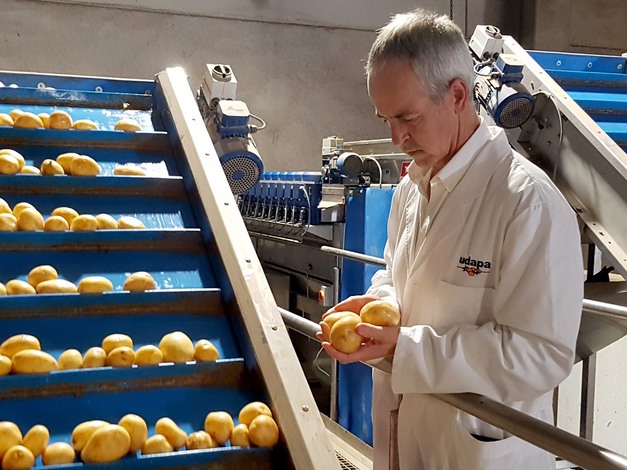
"France and Belgium suffered rains at the time of planting and before the harvest, and that increased the demand for Spanish potatoes. In fact, 58,000 tons had already been exported in July; a rather unusual figure. Much of those volumes were for the industry, which was a key player for Castile-Leon's exports in July and reduced the pressure on the supply at a time when the production was peaking."
"Prices amounted to around 30 cents per kilo, which is quite good, with productions that are reported to have amounted to around 55-60 tons per hectare. Based on this, we estimate that, by the time the campaign ends, Castile-Leon's 16,640 hectares will have yielded closed to one million tons."
"In recent weeks, there have been storms and halts in the harvest, but rather than affecting the yields, these have had an impact on the visual quality of the product for washing, causing there for some imports to start being made from France, even though the product there is more expensive. Because of its worse condition for washing it is being bought for between 23 and 25 cents and is mainly being used for sacks and the industry, but despite this drop, the price it is still very profitable, as yields of up to 80 tons per hectare are being recorded in some late areas of Castile-Leon."
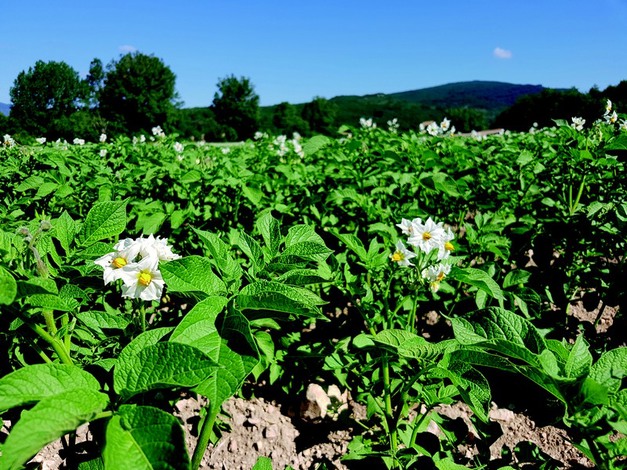
The late harvests will continue there, since the harvest has already finished in the other producing areas in the north of the Peninsula, like Alava, which has obtained an average of 53 tons per hectare in the 350 hectares cultivated directly by UDAPA. "In general, we are very happy. These are quite good yields and the quality of the products for washing is good, too," says Alfonso. "Also, the product is very healthy, so we expect it to have a good shelf life."
Storage is one of the factors of greatest concern in recent years, given the limitations in the use of active materials for conservation imposed by the European Commission and this year's weather conditions, with high temperatures that have caused the tubers to be more stressed. "The products for conservation authorized for use are not as effective as the old CIPC. In France, in fact, they are already feeling the impact of this."
"Processed and ready to eat potatoes are becoming a growing trend"
Consumption is another of the factors on which the sector is focusing, since the monthly data published by the Ministry of Agriculture, Fisheries and Food reveal a downward trend. The latest data published, corresponding to April, showed that potato consumption had fallen by 7.2% over the previous 12 months.
"Processed and ready to eat potatoes are perceived as a growing trend, as consumers are demanding such formats, like microwaveable formats, for example, which are doing really well. Households are switching to products that are more convenient and easier to prepare, and potatoes are adapting to this new model."
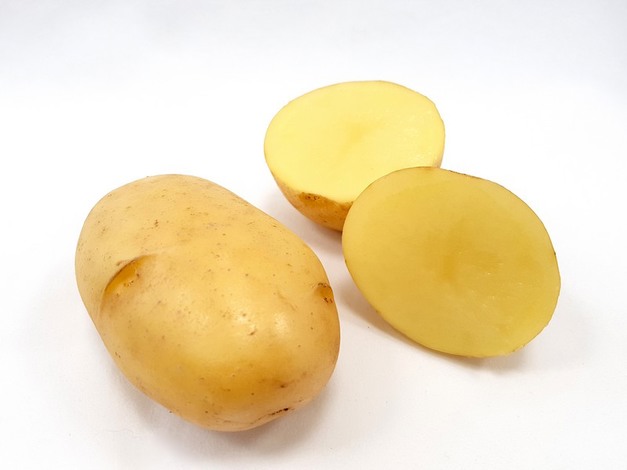
"Niche markets are also increasingly sought for a growing number of quality-oriented products, such as Agria-type frying potato specialties, or alternative commercial formats. An example of this is the Amandine potato, which offers a product of stable characteristics all year round in a format that is recognizable for the buyer," says Alfonso.
At UDAPA, innovation has been carried out hand in hand with the Neiker Basque Institute for Agricultural Research and Development, together with which they have developed the Beltza variety, a potato with purple skin and flesh, and the Edurne.
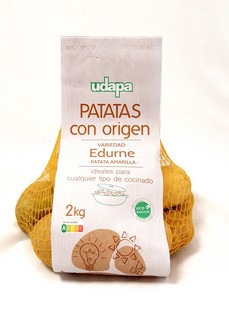 "The Edurne variety in particular is a multi-purpose potato that could be the natural replacement for the Monalisa variety, which is highly regarded by consumers as the best potato for omelettes, and is also preferred by potato omelette manufacturers. Moreover, it has performed very well in Alava and we are planning to multiply it. Through our Eusko Label seal, we aim for it to be recognized as a quality and reliable Basque product that can be marketed fresh or prepared in different formats."
"The Edurne variety in particular is a multi-purpose potato that could be the natural replacement for the Monalisa variety, which is highly regarded by consumers as the best potato for omelettes, and is also preferred by potato omelette manufacturers. Moreover, it has performed very well in Alava and we are planning to multiply it. Through our Eusko Label seal, we aim for it to be recognized as a quality and reliable Basque product that can be marketed fresh or prepared in different formats."
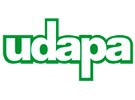 For more information:
For more information:
UDAPA
Paduleta 1, Pol. Ind. de Júndiz
01015 Vitoria-Gasteiz, Spain
[email protected]
https://udapa.com










